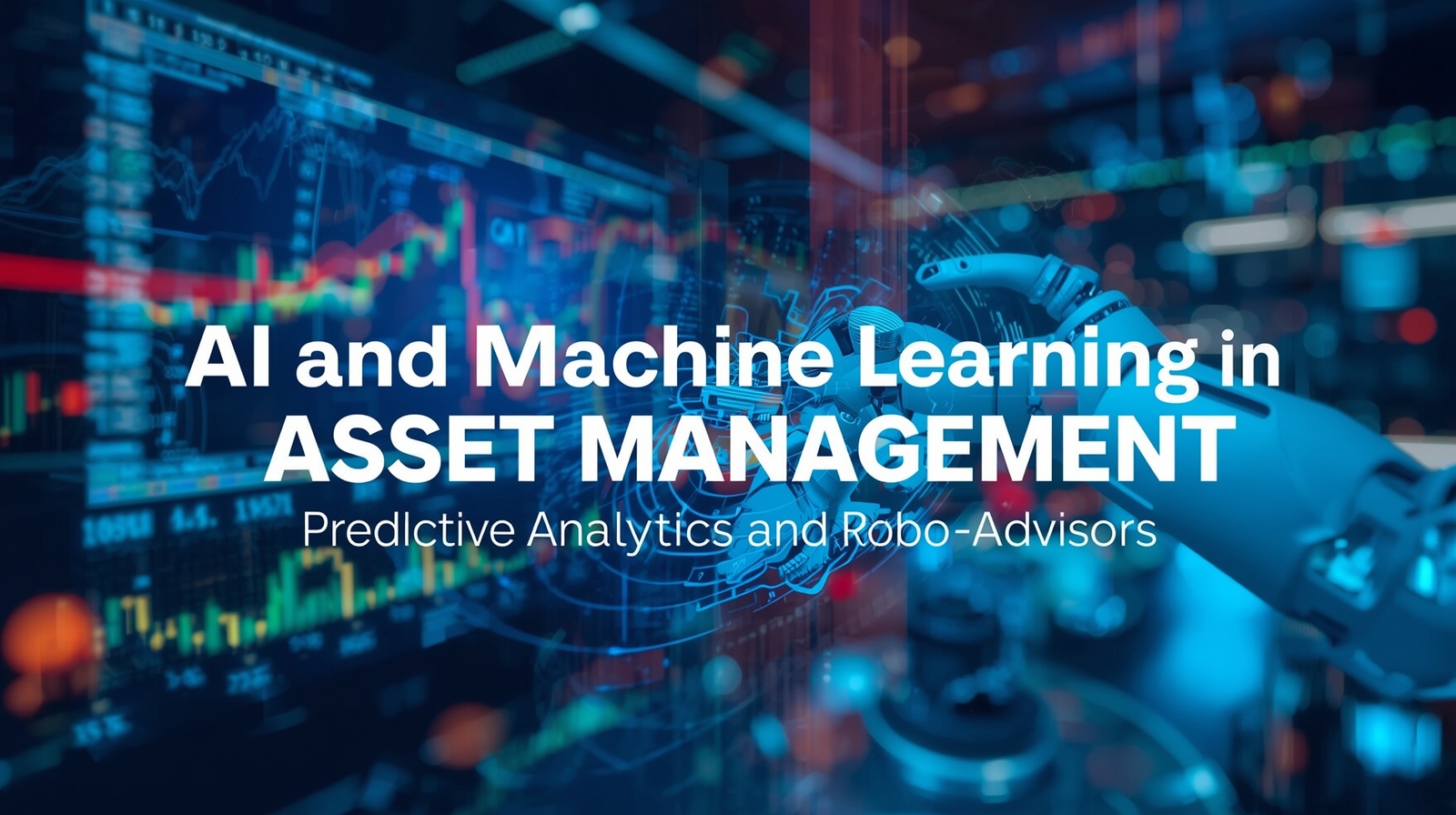
Artificial Intelligence (AI) and Machine Learning (ML) are transforming the way we invest. From analyzing market trends to automating portfolio management, AI is no longer a futuristic concept—it is a practical tool shaping today’s financial markets.
Predictive analytics and robo-advisors are two key areas where AI is making an impact. Predictive analytics helps investors forecast market movements by processing vast amounts of data in seconds. At the same time, robo-advisors automate investment strategies, making professional portfolio management accessible to people more than ever.
AI and ML have already impacted asset management. Major banks and investment firms use AI for detecting patterns, assessing risks, and optimizing trading strategies. ML algorithms can analyze historical data and news sentiment to anticipate market movements, often faster than human analysts.
At the same time, startups and fintech companies are democratizing access to AI-driven tools, allowing retail investors to compete on a level closer to that of institutional players.
Predictive analytics uses AI to forecast financial outcomes. By analyzing historical trends, economic indicators, and real-time market data, predictive models can identify potential risks and opportunities.
For example, ML algorithms can spot subtle correlations between commodity prices and geopolitical events or predict stock price movements based on corporate earnings announcements. This allows portfolio managers to act proactively rather than reactively.
Fun Fact: Some hedge funds now use AI to analyze satellite images of store parking lots to estimate retail sales before quarterly reports are released!
Robo-advisors are AI-driven platforms that provide automated investment advice. They analyze an investor’s goals, risk tolerance, and market conditions to build and manage diversified portfolios.
These systems can automatically rebalance investments, optimize tax efficiency, and even suggest personalized strategies. Robo-advisors are making professional asset management accessible to small investors at a fraction of the cost of traditional services.
AI in asset management is still evolving. Future trends may include:
AI and ML are revolutionizing asset management by improving efficiency, accessibility, and predictive power. Robo-advisors and predictive analytics enable smarter, faster, and more personalized investment strategies.
As the technology matures, the line between human and machine decision-making will continue to blur, creating a future where AI doesn’t just assist in investing—it becomes an integral partner. From processing tweets to analyzing satellite images, AI is turning data into actionable insights in ways humans alone could never achieve.